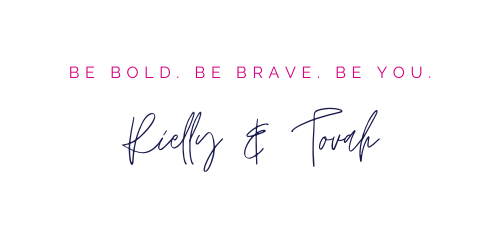“Without forgiveness, we remain tethered to the person who harmed us. We are bound with chains of bitterness, tied together, trapped. Until we can forgive the person who harmed us, that person will hold the keys to our happiness; that person will be our jailor. When we forgive the person who harmed us, we take back control of our own fate and our feelings. We become our own liberators. We don’t forgive to help the other person. We don’t forgive for others. We forgive for ourselves. Forgiveness, in other words, is the best form of self-interest. This is true both spiritually and scientifically.” – Archbishop Desmond Tutu
Forgiveness is a conscious, deliberate decision to release feelings of resentment or vengeance toward a person or group who has harmed you, regardless of whether they actually deserve your forgiveness. It does not mean forgetting and it does not necessarily mean repairing a relationship.
This week we dive into the concept of forgiveness and how much effort it takes and how hard it is to practice. Fortunately there are many benefits to forgiving for your mental and physical health. It is worth the effort. Forgiveness brings the forgiver peace of mind and frees us from corrosive anger.
 We discuss why we need to practice forgiveness and how we do it. It’s not an easy task and it’s not an easy subject to discuss. It is necessary to live in an empathetic world. The more we are able to practice forgiveness the more space we have to practice empathy.
We discuss why we need to practice forgiveness and how we do it. It’s not an easy task and it’s not an easy subject to discuss. It is necessary to live in an empathetic world. The more we are able to practice forgiveness the more space we have to practice empathy.
Join us on this difficult, but oh so important, discussion.
GO BOLDLY HOMEWORK
- Take some time to reflect on things that you carry with you, resentments and shame that you feel toward yourself. Write down what you are feeling.
- Acknowledge and accept yourself as you are right now.
- Accountability partner.
- Burn the list.
Tune in here or anywhere you regularly listen to podcasts. Don’t forget to subscribe, rate, and comment while you’re there!


